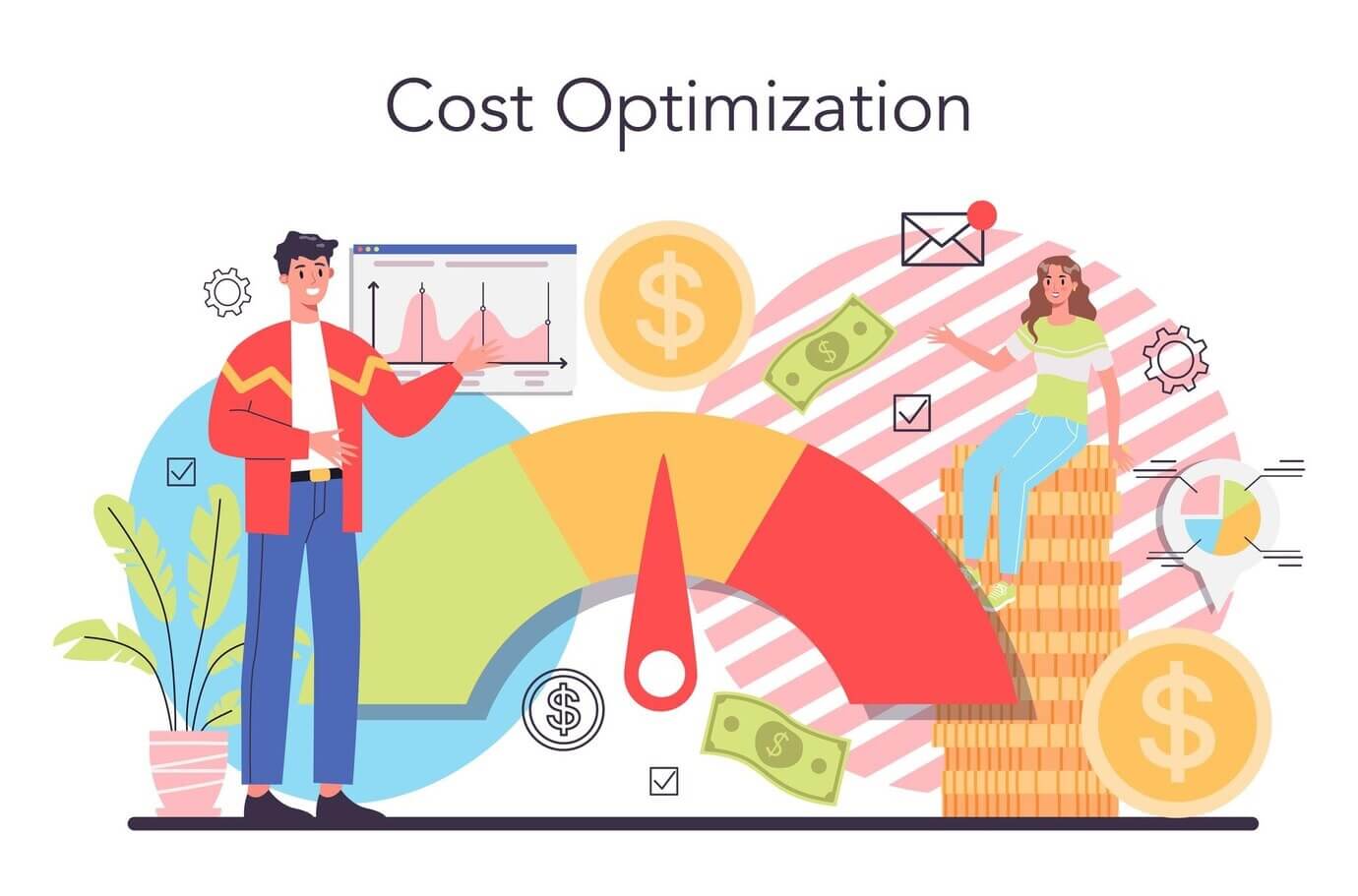Taxes for Remote Workers in Portugal vs Spain: A Detailed Comparison
So, you’re thinking of embracing the digital nomad lifestyle, trading your cubicle for sun-drenched beaches and cobblestone streets? Portugal and Spain are often top contenders, boasting beautiful scenery, rich culture, and a welcoming climate for expats. But before you pack your bags, consider taxes. Taxes for remote workers in Portugal vs Spain can significantly impact your bottom line, so let’s dive into a detailed comparison.
I. Tax Residency: The Foundation of Your Tax Obligations
Determining your tax residency is the first and most important step. Both Portugal and Spain have their own rules, which aren’t always straightforward. Seek professional advice from a tax advisor familiar with both jurisdictions.
| Criteria | Portugal | Spain |
|---|---|---|
| 183-Day Rule | Spending more than 183 days in Portugal generally makes you a tax resident. | Spending more than 183 days in Spain generally makes you a tax resident. |
| Center of Vital Interests | If you don’t meet the 183-day rule, other factors, like your family’s location and main economic activities, are considered. | Similar to Portugal; if you don’t meet the 183-day rule, other factors determine residency. |
| Habitual Abode | Portugal considers habitual abode; if you have a home and regularly spend time there, you could be considered a resident. | Spain considers habitual abode; living in a property and having a regular presence in the country. |
This is a simplified overview. The rules can be nuanced, and factors like your nationality and specific circumstances can influence the final determination. Getting professional guidance is a smart investment.
II. Tax Rates: A Head-to-Head Comparison of Income Tax
Once you’ve established your tax residency, the next crucial factor is the tax rates. Both Portugal and Spain operate progressive income tax systems. However, the specific rates and brackets differ significantly. This is a simplified example, and actual rates can vary.
| Portugal | Spain |
|---|
| Tax Bracket (Annual Income) | Portugal Tax Rate (Approximate) | Spain Tax Rate (Approximate) |
|---|---|---|
| 0-10,000 EUR | 14.5% | 19% |
| 10,001-20,000 EUR | 23% | 24% |
| 20,001-40,000 EUR | 28% | 30% |
| 40,001-80,000 EUR | 35% | 37% |
| 80,001+ EUR | 48% | 45% |
Note: These are simplified examples and don’t reflect all potential deductions and tax credits. Always consult with a tax professional for personalized advice. Spain offers various deductions for families, education expenses, and certain investments. Taxes for remote workers in Portugal vs Spain also differ in how they handle specific income sources. Tax treaties will play a critical role.
III. Non-Tax Considerations: Cost of Living & Lifestyle
Taxes shouldn’t be the only consideration. The overall cost of living can significantly impact your disposable income. Consider these factors:
- Housing: Rent and property prices vary.
- Healthcare: Both countries have national healthcare systems, but access and quality may differ.
- Transportation: Public transport is generally well-developed.
- Food and Groceries: The cost can vary depending on the region.
Personal research and perhaps even a short exploratory trip are necessary. You could save money on taxes in one country, only to find that the cost of living wipes out the benefit. A balanced approach is necessary.
IV. Seeking Professional Guidance: The Importance of Expert Advice
Navigating the tax systems can be complex. This article provides a general overview, but it’s not a substitute for professional tax advice. Here’s why you shouldn’t try to handle this alone:
- Accuracy
- Compliance
- Optimizing Your Tax Situation
- Peace of Mind
Consider your tax situation as a significant financial decision. Investing in professional advice is an investment in your financial security and peace of mind. The choice between Portugal and Spain depends heavily on your individual financial situation, lifestyle preferences, and risk tolerance. While this article offers a comparison of taxes for remote workers in Portugal vs Spain, it underscores the vital role of seeking personalized tax advice.
